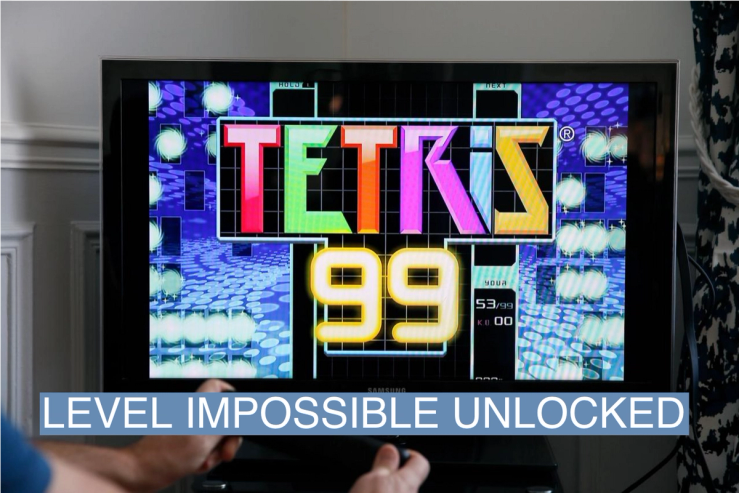The News
Thirteen-year old Willis Gibson – aka Blue Scuti in the gaming world –became the first person to achieve a feat formerly thought to be impossible when he “beat” Tetris this week after reaching level 157 of the game, forcing it to crash.
Since its initial release in the 1980s, Tetris has become a worldwide phenomenon and sold more than 520 million copies. Its enduring popularity and subsequent score improvements showcase how human ingenuity will go head-to-head with AI in the digital age.
SIGNALS
Gibson’s win is the result of new techniques and tight-knit Tetris communities
“What Gibson did, and how he did it, gives general lessons for how people learn and how the limits of human performance are extended,” one professor of cognitive science wrote for the BBC. While trying to beat each other’s high scores at the Classic Tetris World Championships, contestants have invented new tactics such as “rolling” and “hyper tapping,” two new ways to hold the controller to input commands faster. Newer generations of Tetris players are watching livestreams and chatting on the instant messaging platform Discord, so that strategies that once took years for gamers to figure out now take “minutes,” The New Yorker reported.
The emotional win proves humans can defy “preconceived limits”
Tetris CEO Maya Rogers called Gibson’s achievement “a feat that defies all preconceived limits of this legendary game,” while games entrepreneur Henk Rogers, who popularized Tetris, told CNN that if someone can beat it, “we can beat climate change.” WIRED writer Angela Watercutter compared the win to a skater landing an impossible jump in the Olympics. After a pandemic, labor strikes, and ongoing wars, a kid’s win against Tetris is a “win for everyone” as people have a deep desire for “some kind of wonder” amid many struggles, she wrote.
Artificial Intelligence and humans both push the boundaries of gaming
Artificial intelligence is making steps towards beating humans in more complicated video games. Recently, DeepMind AI and Meta have published papers describing how their AI systems are winning against human players in games that involve deception, negotiation, and cooperation. In the future, artificial intelligence may become a “collaborator” with humans to design games from scratch, The Verge reported. But one BBC writer pointed out that discussions surrounding AI focus too much on where human skills will become obsolete, when the reality is that people are still improving and “it is a mistake to think that human performance is a stationary target.”



